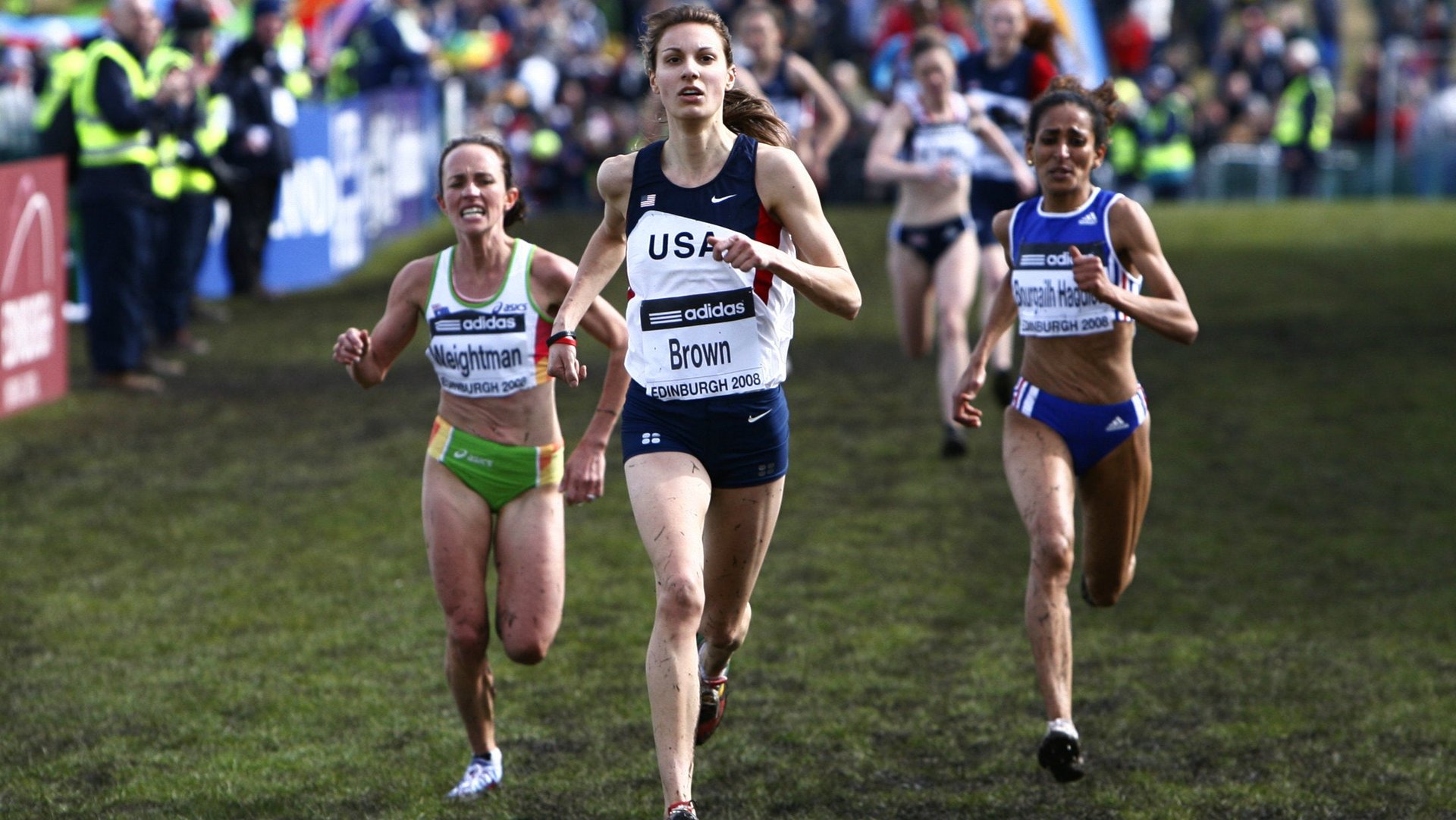The US and UK have set a low bar in the race to be the fastest-growing G7 economy
In the race for economic bragging rights among G7 countries, most are off to a slow start this year.


In the race for economic bragging rights among G7 countries, most are off to a slow start this year.
First-quarter GDP growth is often weak (paywall), but the US, UK, and France still managed to underperform low expectations. US economic growth slowed to 0.7% at an annualized rate in the first quarter of this year, the slowest rate in three years. Measured the same way, first-quarter GDP growth in the UK was 1.1%, down from 2.6% in the previous quarter, and 1% in France, down from 1.8%. The rest of the G7 will report its first-quarter growth later this month.
In the past four years, a different G7 country has taken the top spot in the growth rankings. Despite the UK’s vote to leave the European Union, an expected downturn didn’t materialize—Britain was the second-fastest growing economy in the G7 last year, narrowly beat by Germany. The US ranked third, falling from the top spot in 2015.
In the first quarter of 2017, consumer spending, by far the largest part of the US economy, registered the smallest increase since 2009. That said, business confidence, employment rates, and private-sector wage growth all indicate the American economy is stronger than its latest quarterly reading suggests. That’s good news for president Donald Trump, who wants the US to become the strongest advanced economy in the world, even if his desire for 4% annual GDP growth looks like a pipe dream.
France has long languished near the bottom of the G7 rankings, but Italy’s moribund economy has a lock on the lowest rank. Canada and Japan have bumped around in the middle in recent years.
The UK, which has been the fastest or second-fastest growing economy the past three years, might now be set for a more permanent slide down the rankings. After surprising economists in the second half of 2016 with its resilience after the Brexit vote, the British economy is starting to show the strain. The Bank of England expected first-quarter GDP to grow by 0.5% versus the fourth quarter of 2016. Instead, it expanded by 0.3% quarter on quarter.
Like the US, a slowdown in retail spending is dragging down the UK economy. After the Brexit vote the pound plummeted against other major currencies, which caused a sharp rise in inflation. Combined with stagnant wage growth, Brits are now experiencing negative real earnings growth. With lower purchasing power, consumer spending has taken a tumble. The latest retail sales data confirmed how fast prices have risen in recent months, and how quickly Brits have closed their wallets in response.
The economic race between the G7 continues this month, as the rest of the group reports their latest GDP data.